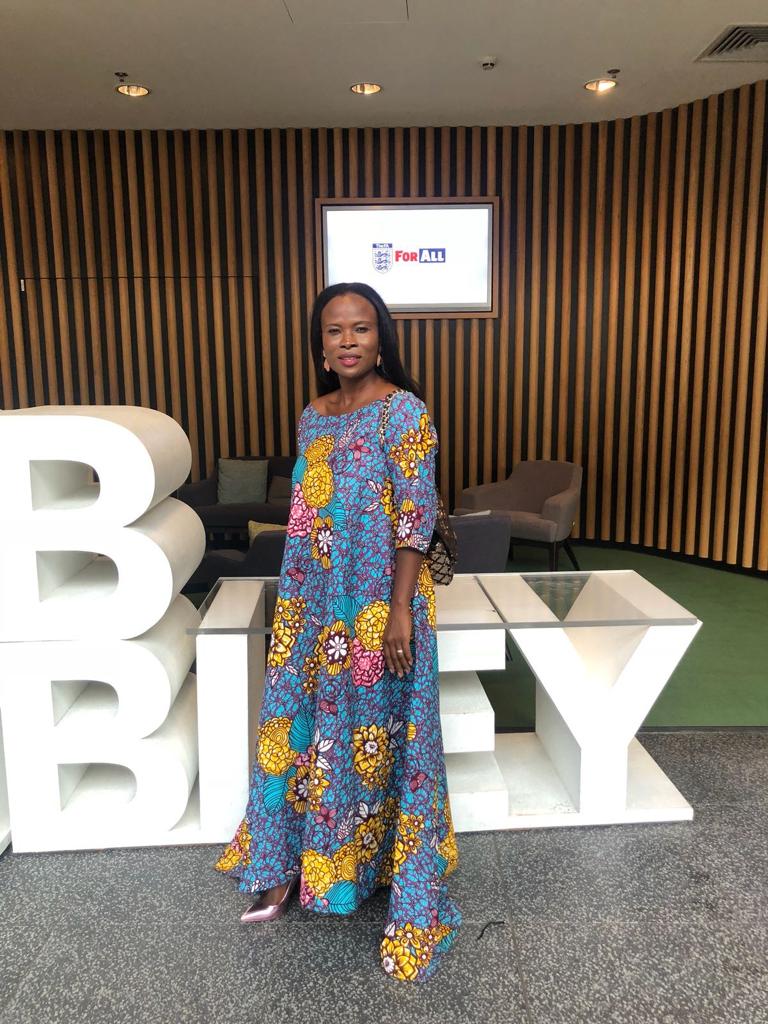Our Story
The video you are about to see was recorded in 2012. Hence the data in the video have change. Presently 1:17 women die in childbirth.
Why I became a maternal health advocate.
In 2009, I received a call that changed my life forever. That call was about the death of my dad. I travelled back home to Sierra Leone for the funeral and after the funeral I stayed for another 6 months undertake a project I had signed for. During the project, I participated in a focus group discussion about the plight of women in the country, when one of the participants walked in the room and informed us that a woman has been refused treatment and was lying in the streets outside Connaught Hospital because she could not afford to pay for her treatment. When I inquired about the cost of her treatment, I was informed that it was Leones 50.000 which at that time was equivalent to £10.00. I was appalled that such a thing is happening in this day and age. During the meeting, I kept saying to myself “I must do something about it”. At the meeting, I did not wait to share pleasantries with the other participants, I went to the hospital with another participant who was a journalist. On arrival, I saw the woman lying on the street outside the hospital. Unable to hold back my tears, I cried profusely and I could hear people saying, “why is she crying? She doesn’t even know the woman.” I inquired about her plight, ordeal and family situation. She replied that her family had brought her to hospital but left her because they could not afford to pay for the hospital bill. In order to protect her dignity, I will not give the details of her illness. Then I went to the ward where she had been admitted, spoke to the nurse in order to get more information about her care. The nurse wasn’t helpful at all, so I decided to go higher, went to the matron and after 5 hours of going up and down the hospital, I was finally able to get her back on the ward. I also paid for the cost of her treatment and stay in hospital, left money for her feeding and other things she might need during her stay. I came back the next day to see her and travelled to another town in the the Northern part of the country to do a research project. I returned to Freetown after a week and I was informed of her death. I was furious and heart-broken, but I was consoled by the fact that she had not died on the street but in dignity. After that incident, I continued my research project, I went all over the country, conducted interviews with doctors, midwives, women who suffered severe morbidity or near miss death, family members of women who died or presented with severe morbidity and community members or health worker involved in the care of women. One particular woman (my cousin) told me how nearly died during childbirth and was only alive by the grace of God. I couldn’t do anything at that time because I was still grieving my dad’s death. After the project, I came back to London hunted by the stories of women and their families. I would wake up in the middle of the night thinking about what I can do to bring change to the maternal health situation in the country. I would call my friends and family members, tell them about the maternal situation and the plight of women in the country. At that time 1:8 Sierra Leonean women died of pregnancy and childbirth related issues as seen in the video. Then one day, one of my sisters asked me the question “what are you going to do about it?” My answer was, “what can I do about it? “I said to her “I don’t have money,” she then replied that I don't need money to start doing something. After months of thinking and talking, the idea of motherhood health care was conceived and the organisation was set up. shortly after setting up the organisation, “the Kissi mende girl” in me started craving for knowledge. I’d read up and research about maternal health and mortality and the role of a midwife. This sparked off my fascination with all aspects of pregnancy, and maternal health. But I was hunted by the thought of another 3 years of study. However, the more educated I became about issues surrounding women’s rights, maternal and reproductive issues, such as pregnancy and maternal healthcare, the greater my desire became to contribute in these areas. After wrestling with this feeling for about 2 years, I finally quitted my job and enrolled myself on a midwifery course at the university of West London. To say it was a tough journey is an understatement. I had studied before, but it was different this time. I was married with 2 young boys, I had a home and an organisation to run. The course was both theory and practical. The university was nearly 2 hours away and the clinical placement was 2 and half hours away from home. I used to travel 5 hours to and from my clinical placements. I would wake up 4:00 am and leave my house 4:30 just to make it for 7:00 am start. And after a long day shift which finishes at 8:00 pm, I’ll not get home still 11:00 pm. Some days I’ll sleep over at friends’ houses, on sofas, and floors and will go for days without seeing my children. Sometimes on my way home, I’ll sleep on the train, it will go pass my stop to another station. I cried, felt like giving up so many times and sometimes I’d say to myself “why am I putting myself through this? I already have a master’s degree.”? Yes, I went through all of that in order to make a difference in the lives of women in around the world. After 3 years of studying, I graduated as a fully qualified midwife in February 2018. My central goal in life is to touch the lives of mothers and their babies on a daily basis. I want to spend my professional life advocating about maternal, reproductive and human rights of women around the world.

Kumba F. Sagba-James
Founder, Motherhood Health Care
Stay up to date with our progress

CONTACT US
Motherhood Health care
Company House No. 07736716
Registered Charity No.1159894
83 Longcroft Rise, Loughton
Essex IG10 3ND
© 2020 Motherhood Health Care | All rights reserved.

